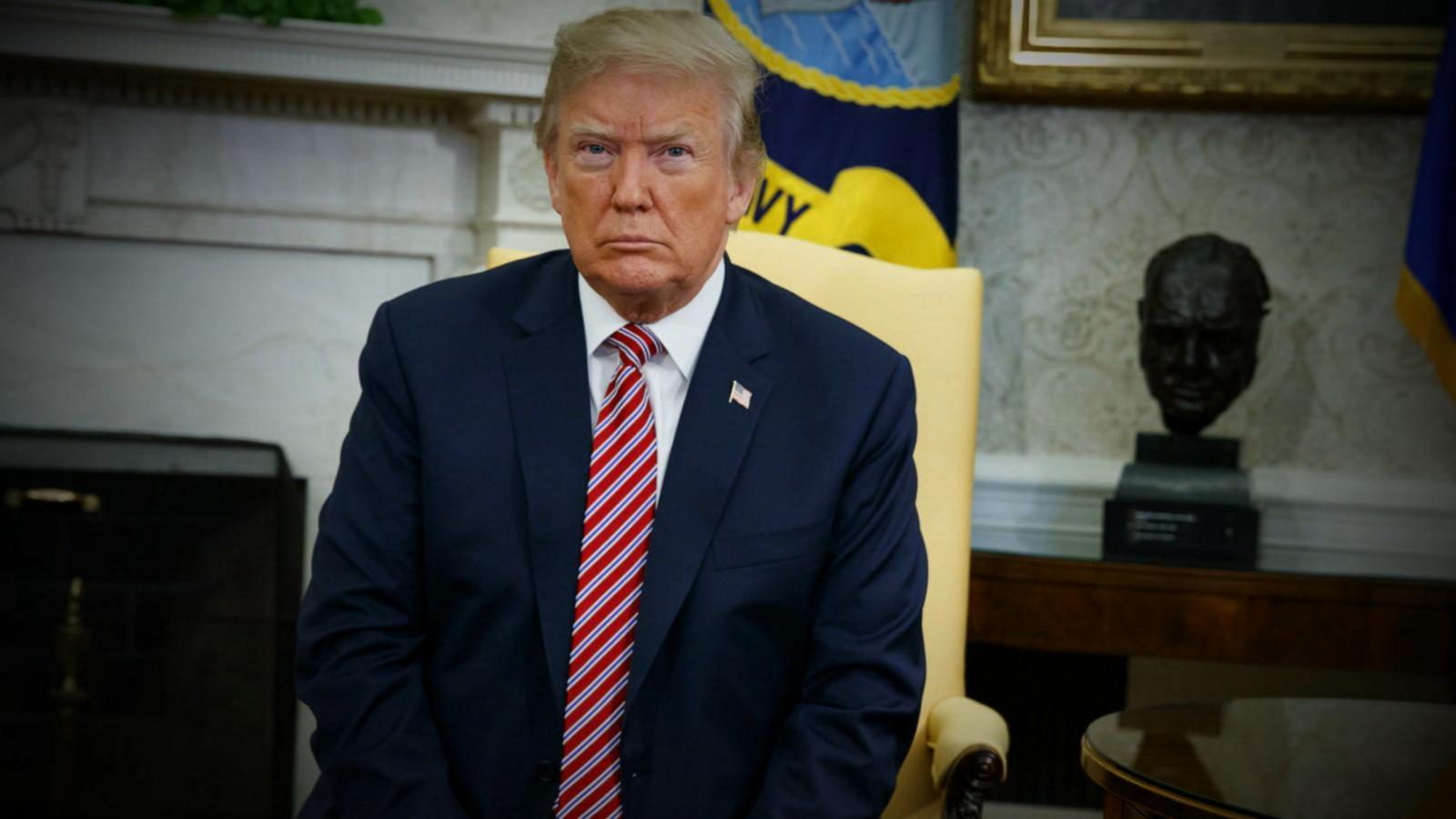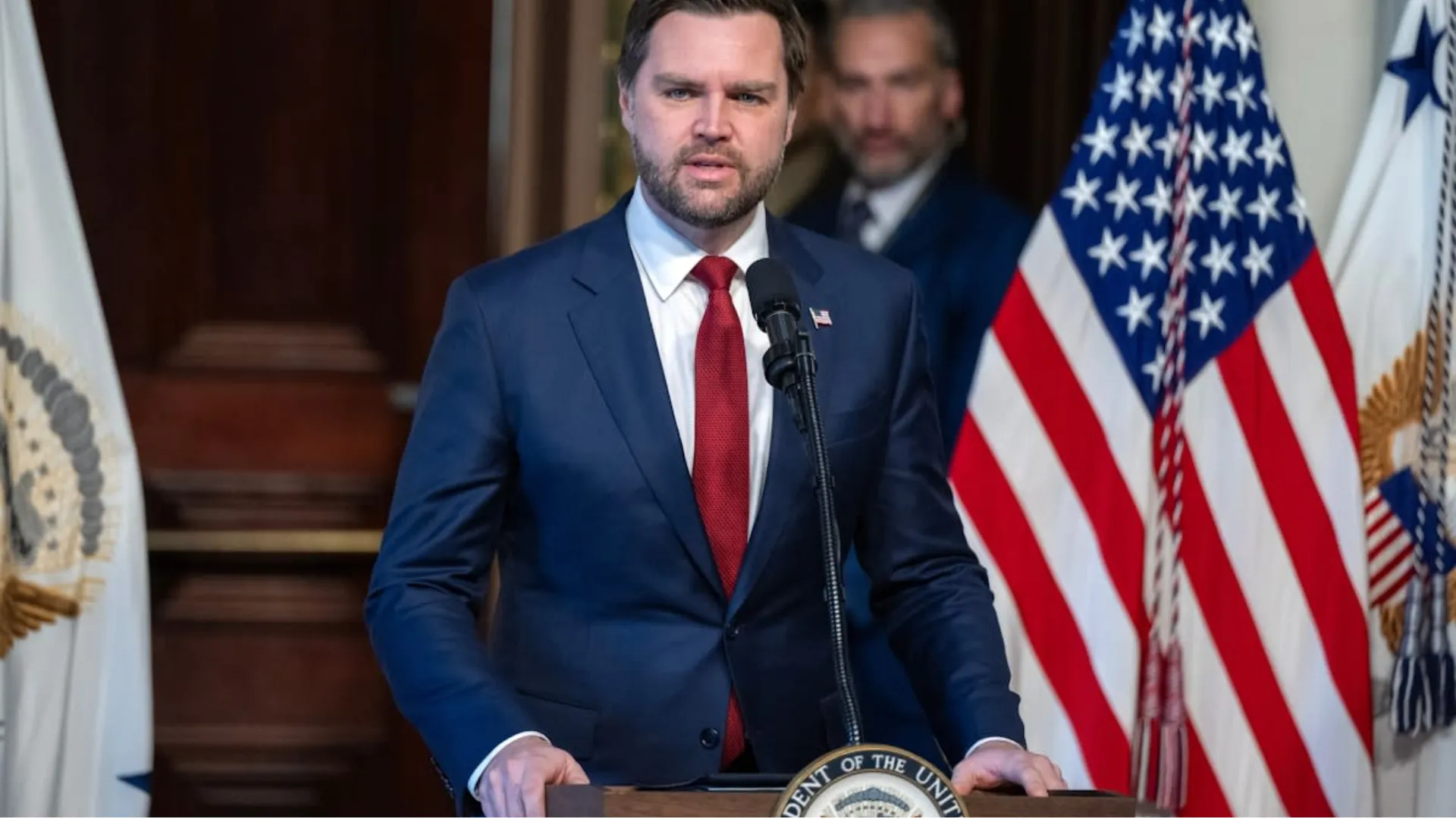
In a disturbing case that has sent shockwaves through the nation, a 17-year-old Wisconsin teenager, Nikita Casap, has been arrested for allegedly murdering his parents in a chilling attempt to secure the financial means and autonomy to carry out a plot to assassinate President Donald Trump and overthrow the U.S. government.
According to court documents and federal authorities, the teenager was motivated by extremist views and had connections to a violent, far-right neo-Nazi group known as The Order of Nine Angles.
Casap was arrested in March 2025 after the bodies of his stepfather, Donald Mayer, 51, and mother, Tatiana Casap, 35, were discovered inside their home in Waukesha County.
Initially, local authorities were investigating the deaths as suspicious. But as the investigation progressed, disturbing evidence began to emerge, including Casap’s alleged writings, communications, and plans to use deadly weapons to attack the president and initiate a violent revolution.
The tragic events surrounding Casap’s actions have raised serious questions about the rise of violent extremism in America, particularly among young people, and the alarming ease with which some individuals can access extremist ideologies and weaponry.
On March 1, 2025, Waukesha County Sheriff’s Department deputies discovered the bodies of Donald Mayer and Tatiana Casap at their home. The victims had been shot and their bodies hidden in a manner that led investigators to believe they were murdered before being concealed.
Initial investigations pointed to the couple’s teenage son, Nikita Casap, as the prime suspect.
Authorities issued a search warrant for Casap’s home and seized his phone, where they uncovered shocking material related to his extremist views. According to the Waukesha County Sheriff’s Department, the phone contained references to The Order of Nine Angles, a white supremacist group known for advocating violent, neo-Nazi beliefs and for its involvement in terrorist activities.

In addition to disturbing social media activity, Casap had allegedly written documents calling for the assassination of President Trump, as well as plans to launch a revolution to “save the white race.” These writings included explicit references to Adolf Hitler and featured an image of him with the words: “HAIL HITLER, HAIL THE WHITE RACE, HAIL VICTORY.”
Investigators believe Casap’s motive for killing his parents was to “obtain the financial means and autonomy necessary” to carry out his plot.
They noted that after murdering his parents, Casap accessed their financial accounts, using their resources to purchase explosives and a drone, which he intended to use as weapons of mass destruction in his attack against the president.
Casap’s alleged actions have highlighted a growing concern about the spread of far-right extremist ideologies among young people in the U.S. According to investigators, Casap was in contact with other members of the Order of Nine Angles who were aware of his plan and allegedly provided assistance in executing the attack.
The Order of Nine Angles is a neo-Nazi group with a history of promoting violence, racial purity, and global destruction. While the group is relatively small, it has gained notoriety for its calls to overthrow democratic governments and incite racial violence.
Their influence has been growing in recent years, particularly through online platforms that promote extremist content, and their ideology has found resonance with individuals like Casap, who reportedly believed he was part of a larger, righteous cause.
The FBI’s investigation into Casap’s connections to this group has raised concerns about the ease with which young people can be radicalized. “It’s terrifying how quickly someone can become immersed in these ideologies and escalate to violence,” said Dr. Rachel Levy, an expert on extremism at the Anti-Defamation League. “Casap’s case shows how vulnerable young minds can be to the rhetoric of hate and destruction.”
The gravity of Casap’s plot is staggering—not only did he attempt to assassinate the sitting president, but he also sought to overthrow the U.S. government and instigate a violent uprising. His writings, which were recovered during the investigation, outlined a broader plan for an armed revolution to replace the American democratic system with a white supremacist regime.
In a statement, the FBI explained that Casap’s plans involved “the use of mass destruction weapons, including a drone and explosives, as part of his plot to assassinate the president and trigger a violent insurrection.”
While the specifics of the attack have yet to be fully revealed, authorities believe the teen intended to strike while Trump was at a public event or in transit, capitalizing on the chaos that would have ensued from such a high-profile assassination.
The plot to assassinate Trump and overthrow the government represents a dangerous escalation in the type of far-right extremist violence that has been on the rise across the U.S. in recent years.
Experts warn that such ideologies are not only gaining traction among fringe groups but also spreading to more mainstream platforms, particularly in online communities where young people are exposed to hate-filled content and radical rhetoric.
In the wake of the investigation, the community of Waukesha, Wisconsin, has been left shaken by the horrific details of Casap’s actions. Local residents expressed disbelief that a young person from their own town could be involved in such a plot.
“It’s just unimaginable,” said local high school teacher Amanda Roberts. “He was a quiet kid, kept to himself. This is not what anyone saw coming.”
As authorities continue to process evidence from Casap’s phone and online activity, questions are emerging about the role of social media and internet culture in enabling young people to fall down the rabbit hole of extremism.
Researchers say the internet’s unchecked ability to disseminate violent rhetoric has played a significant role in shaping the views of individuals like Casap.
Dr. Amina Jones, a sociologist who specializes in youth radicalization, explained that “these platforms are designed to amplify emotion, and when young people are exposed to that kind of extreme rhetoric, it can have profound consequences.”
The fear, she notes, is that Casap is not an isolated case. “We’re seeing more and more young people drawn into these ideologies. And with the level of violence and extremism escalating, we need to ask ourselves: what can we do to stop this?”
The plot against Trump has raised serious questions about the role of the president and his administration in empowering far-right groups. While Trump has often denied being sympathetic to white supremacist factions, his rhetoric has often been criticized for normalizing extremist views.
From his refusal to denounce groups like the Proud Boys during the 2020 election to his embrace of divisive “America First” rhetoric, Trump has repeatedly sparked controversy over his relationship with far-right elements in the U.S.
In response to the plot, many Democrats and civil rights groups are calling for greater oversight of hate groups and extremist content online.
They argue that government officials—particularly those with access to platforms like Truth Social—must take responsibility for fostering a political climate that encourages radical behavior.
The FBI’s investigation into Casap’s connections to the Order of Nine Angles is still ongoing, and many are calling for a broader investigation into how radical groups use the internet to recruit and radicalize young people.
"This is a national security issue," said Senator Dick Durbin (D-Ill.). "We cannot continue to let violent, hate-driven ideologies proliferate unchecked."
The case of Nikita Casap is a painful reminder of the growing threat posed by domestic terrorism and radical ideologies. As the investigation unfolds, it’s clear that this is not just an isolated incident but part of a larger wave of youth-led extremism fueled by hate, conspiracy theories, and a desire for violent upheaval.
While efforts to counteract radicalization are ongoing, experts agree that more must be done to address the root causes of extremism. This includes improving access to mental health services, promoting better education on the dangers of extremist ideologies, and taking stronger action to hold accountable those who enable or promote violence.
“This isn’t just about stopping a plot; it’s about building a society where people feel heard, understood, and valued,” said Dr. Jones. “We need to offer alternatives to hate and violence—and that starts with every community taking responsibility for how we treat one another.”
The arrest of Nikita Casap, a teenager caught in the grip of far-right extremism, serves as a wake-up call for the United States. It is a sobering reminder of the dangers of unchecked hate and radicalization in an increasingly polarized world.
As lawmakers, law enforcement, and the public at large grapple with the implications of Casap’s plot, the conversation must shift beyond the individual case to the broader structural forces that allow extremism to take root in society.
It’s time to confront the reality of domestic terrorism head-on, and to ensure that America’s young people are not swept up in the tide of violence and hatred that threatens to unravel the very fabric of our democracy.






